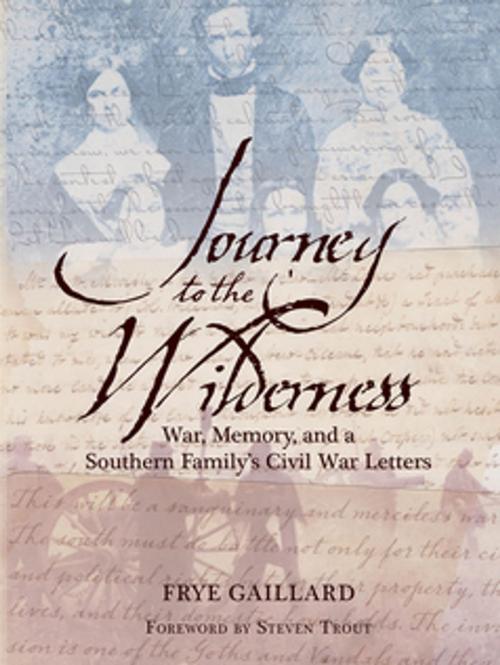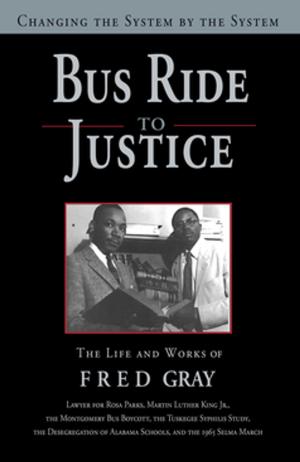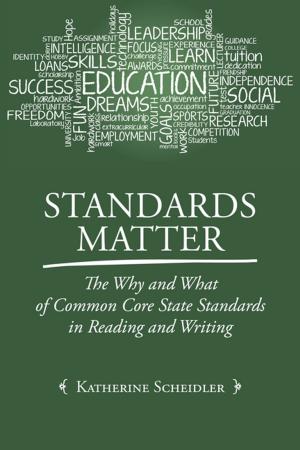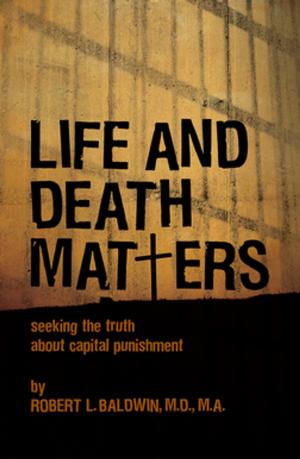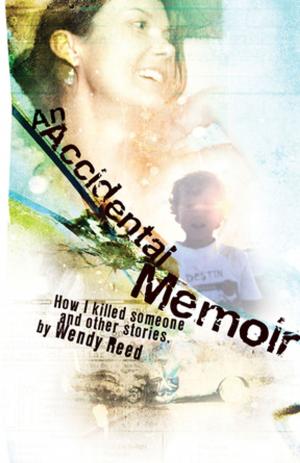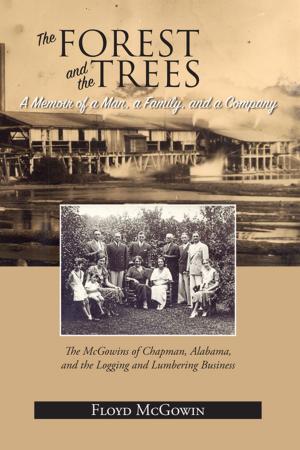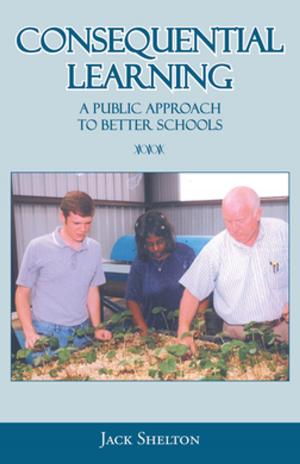Journey to the Wilderness
War, Memory, and a Southern Family's Civil War Letters
Nonfiction, History, Americas, United States, Civil War Period (1850-1877)| Author: | Frye Gaillard | ISBN: | 9781603063616 |
| Publisher: | NewSouth Books | Publication: | March 1, 2015 |
| Imprint: | NewSouth Books | Language: | English |
| Author: | Frye Gaillard |
| ISBN: | 9781603063616 |
| Publisher: | NewSouth Books |
| Publication: | March 1, 2015 |
| Imprint: | NewSouth Books |
| Language: | English |
On the one-hundred-fiftieth anniversary of the Civil War, award-winning author Frye Gaillard reflects on the war—and the way we remember it—through letters written by his family, including his great-great grandfather and his two sons, both of whom were Confederate officers. As Gaillard explains in his introductory essay, he came of age in a Southern generation that viewed the war as a glorious lost cause. But as he read through letters collected by members of his family, he confronted a far more sobering truth. “Oh, this terrible war,” wrote his great-great-grandfather, Thomas Gaillard. “Who can measure the troubles—the affliction—it has brought upon us all?” To this real-time anguish in voices from the past, Gaillard offers a personal remembrance of the shadow of war and its place in the haunted identity of the South. “My own generation,” he writes, “was, perhaps, the last that was raised on stories of gallantry and courage . . . Oddly, mine was also the one of the first generations to view the Civil War through the lens of civil rights—to see . . . connections and flaws in Southern history that earlier generations couldn’t bear to face.”
On the one-hundred-fiftieth anniversary of the Civil War, award-winning author Frye Gaillard reflects on the war—and the way we remember it—through letters written by his family, including his great-great grandfather and his two sons, both of whom were Confederate officers. As Gaillard explains in his introductory essay, he came of age in a Southern generation that viewed the war as a glorious lost cause. But as he read through letters collected by members of his family, he confronted a far more sobering truth. “Oh, this terrible war,” wrote his great-great-grandfather, Thomas Gaillard. “Who can measure the troubles—the affliction—it has brought upon us all?” To this real-time anguish in voices from the past, Gaillard offers a personal remembrance of the shadow of war and its place in the haunted identity of the South. “My own generation,” he writes, “was, perhaps, the last that was raised on stories of gallantry and courage . . . Oddly, mine was also the one of the first generations to view the Civil War through the lens of civil rights—to see . . . connections and flaws in Southern history that earlier generations couldn’t bear to face.”
